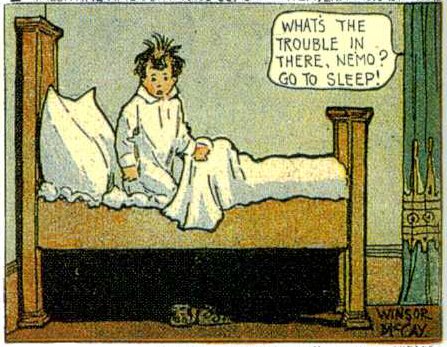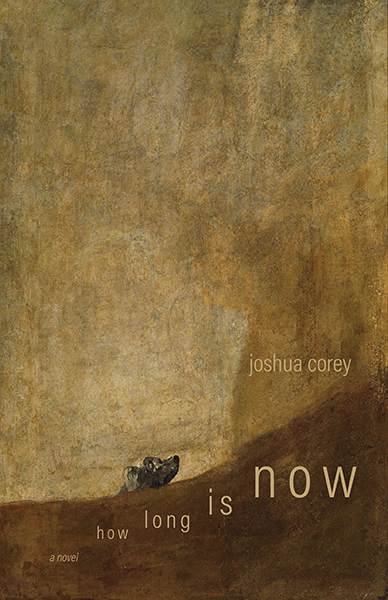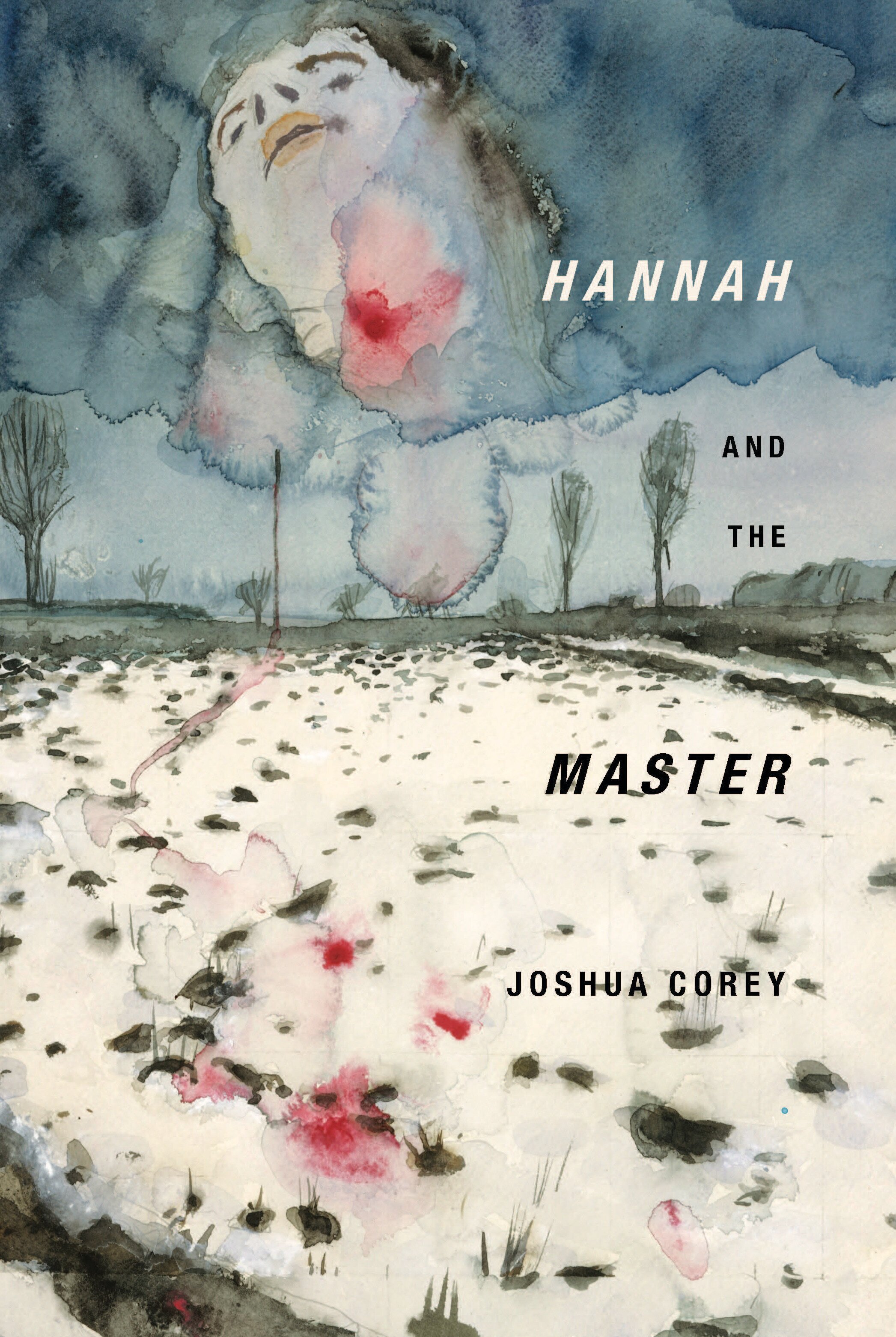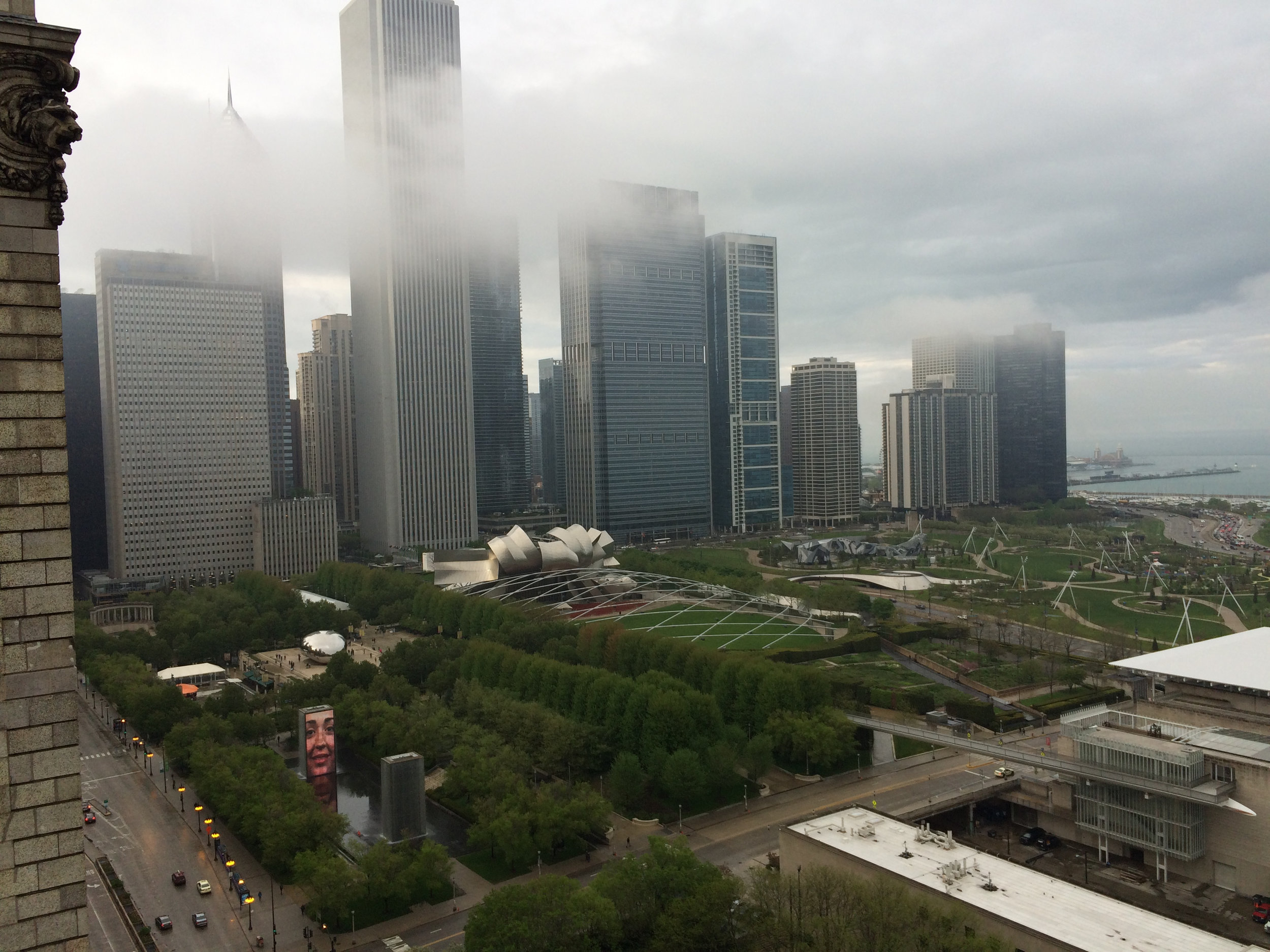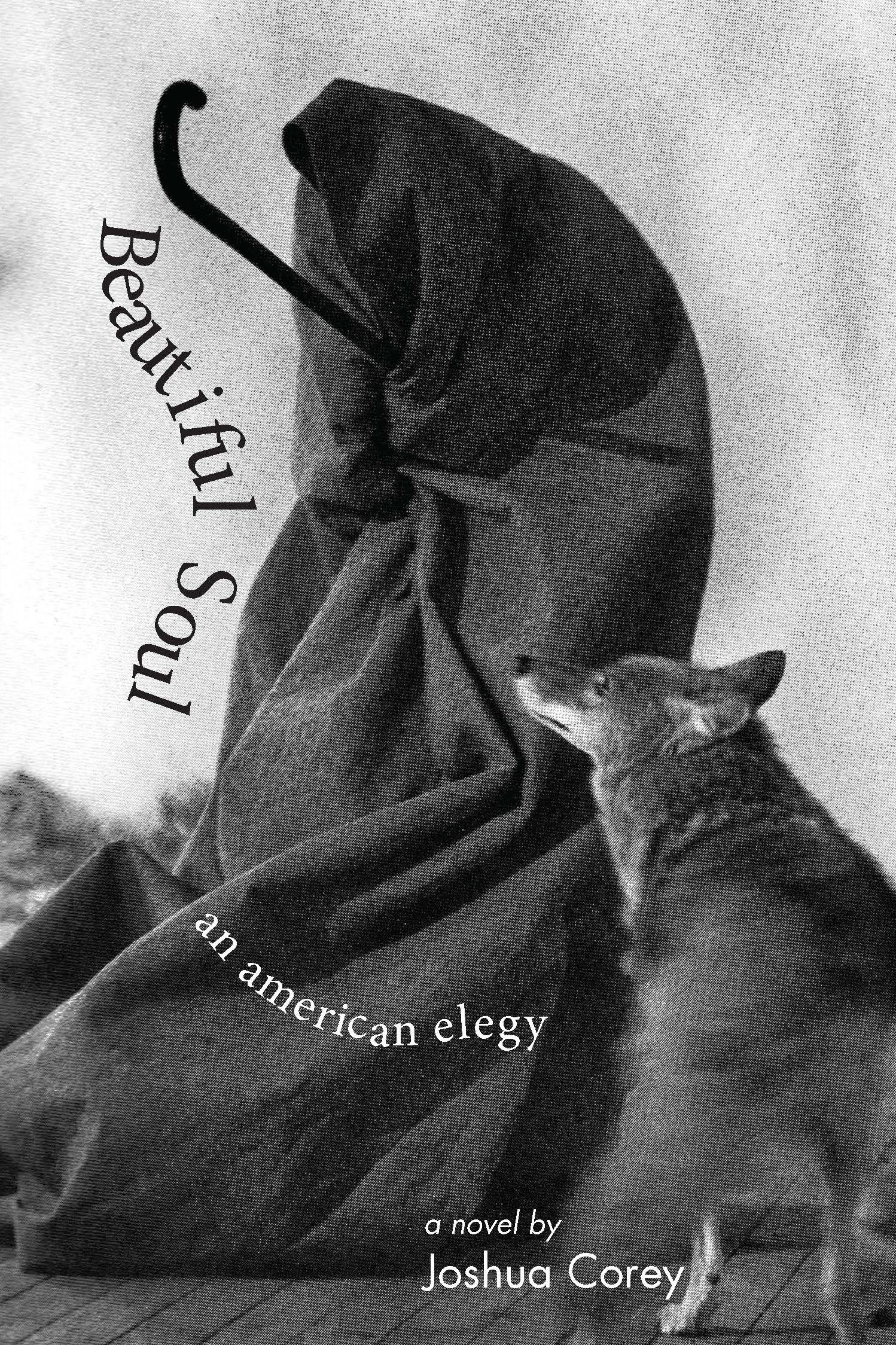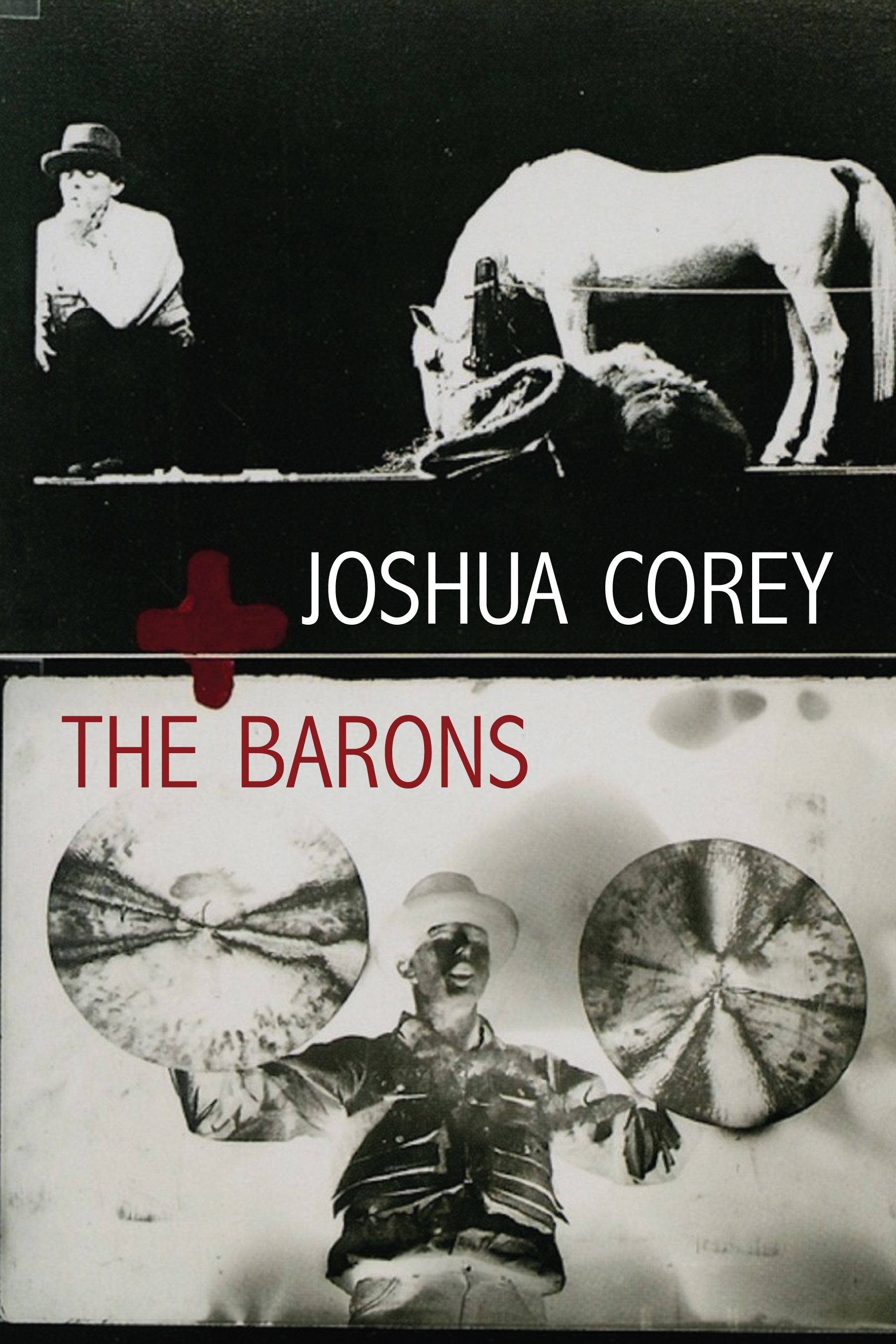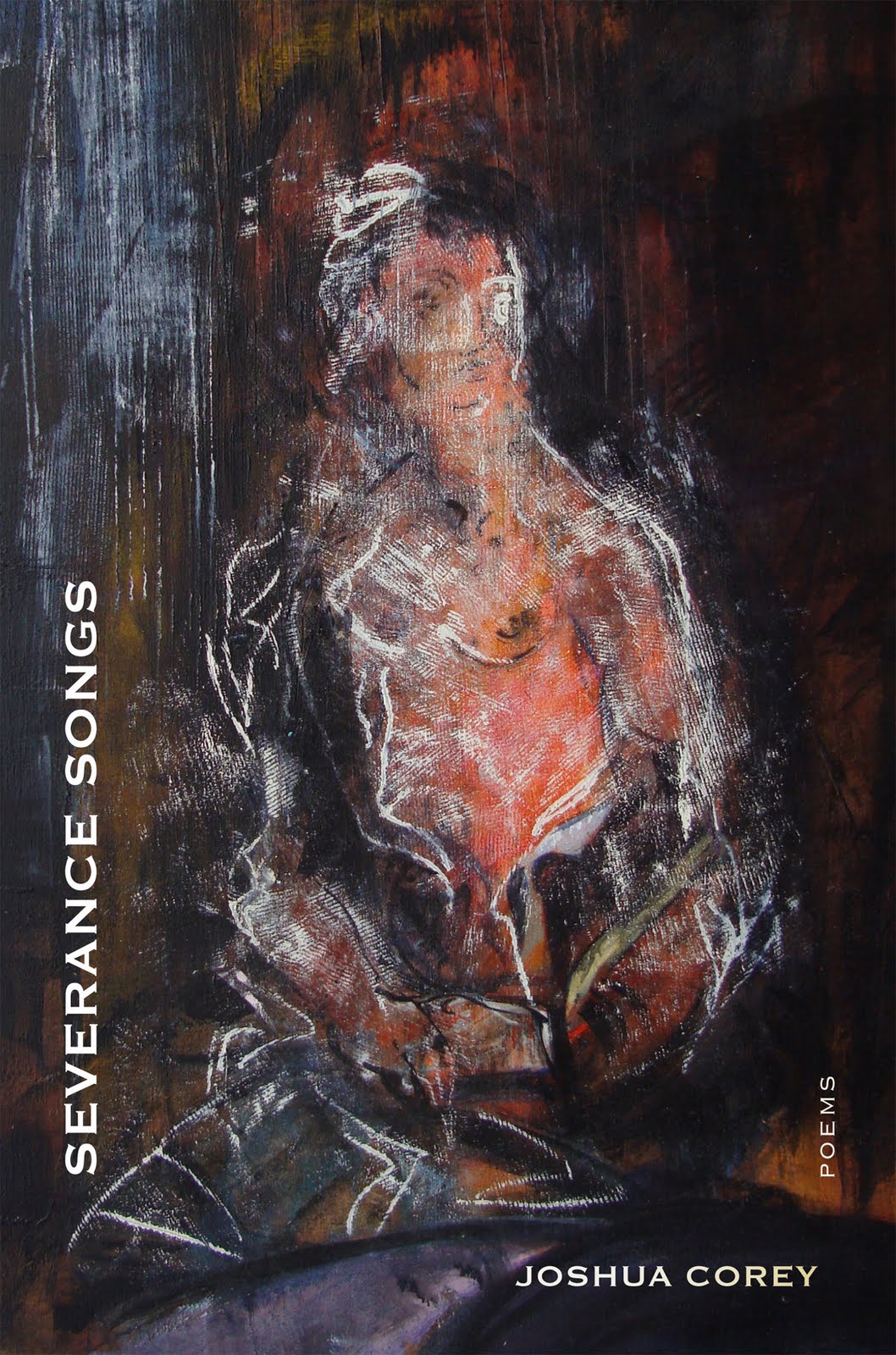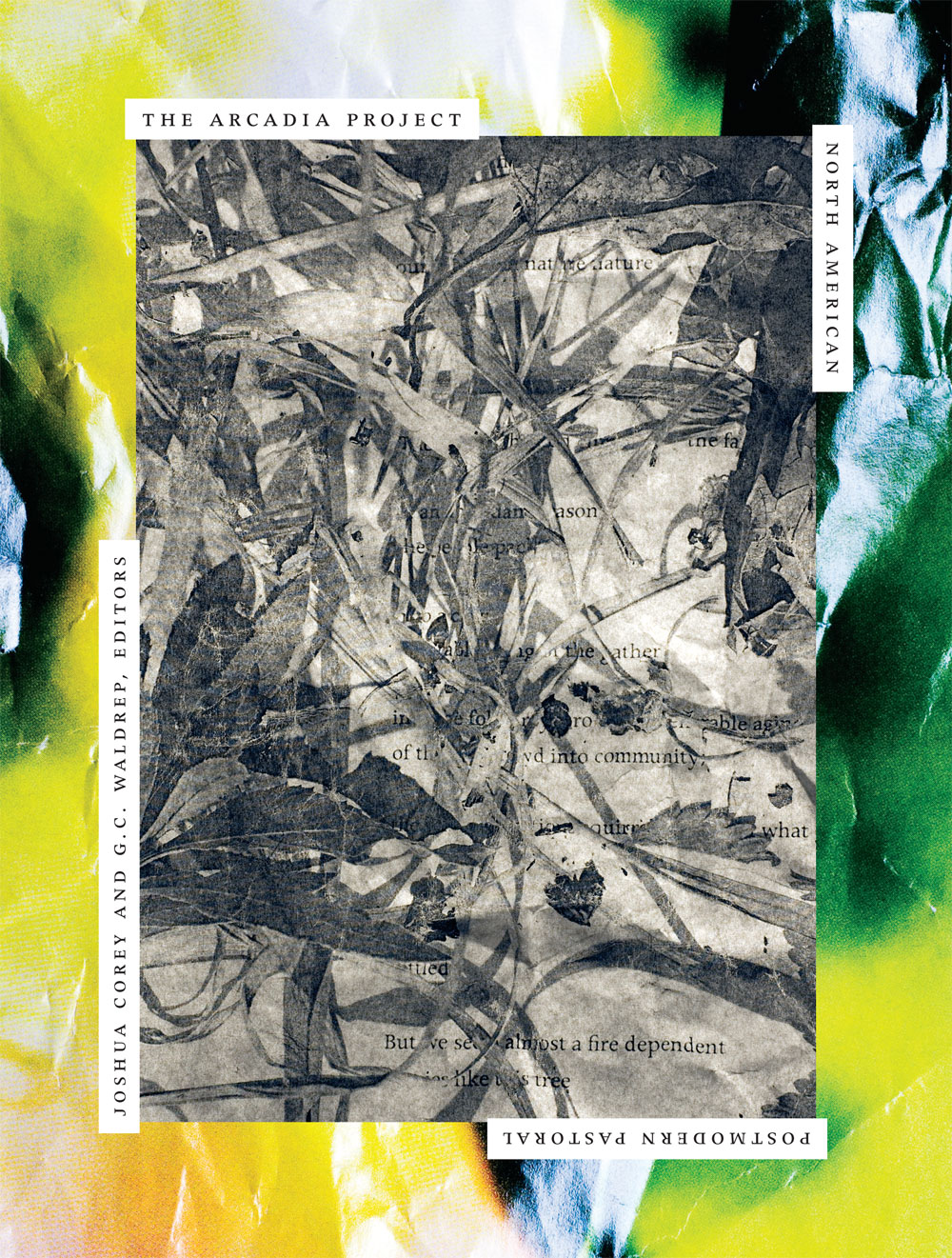Sign up for my Substack on matters literary and otherwise by clicking here or on Little Nemo at left.
The original TFR was founded in 1865 by Anthony Trollope.
The New Series of the TFR was created and edited from 2009-2023 by Denis Boyles.
The new New Series is edited by me: subscribe today!
Elias Crim of Solidarity Hall and the podcast Dorothy’s Place talks to me about Hannah Arendt, Martin Heidegger, and my novel How Long Is Now. Listen to it here.
shelter in place
One hundred words a day for the first one hundred days of the pandemic. Download the ebook here .
How Long Is Now
Grief is a shaggy dog story. Click here to learn more.
Available now from Spuyten Duyvil Press and your local independent bookstore.
A Poem
A speculative masque on one of the twentieth century’s most notorious affairs, Hannah and the Master reimagines the love story between the Nazi philosopher Martin Heidegger and his Jewish protégé, the political philosopher Hannah Arendt. Their story takes on a fresh, stark urgency In our own era of resurgent fascism and climate destabilization. A rogue’s gallery of war criminals and intellectuals ranging from Adolf Eichmann to Simone Weil bear witness to the restaging of the affair by science-fiction replicants in the twenty-first century’s apocalyptic light. Against the atavistic nihilism of the MASTER, accomplice and instigator to the WAVE of climate instability torn from the rift of earth and world, HANNAH rises as a figure for political love-of-the-world, asserting in the face of fascist blindness our responsibility to see, to think, and to act. Hannah and the Master moves through the mad love of its titular characters and into the state of pariahhood and exile, from which our heroine takes her stand against apocalypse in the time of our Gaiagony—the struggle for a new world to be born out of the ruins we’ve made of the old.
Joshua Corey’s brilliant and disturbing, sometimes “futuristic” Hannah and the Master reminds us with every word and trope that we are living, as he puts it, in the “night of human forgetting.” Radiating out from the decades-long complex and confounding relationship between Hannah Arendt and Martin Heidegger, Corey creates a multi-layered and agonized series of reminders including everything from youthful love to the Nazis to the dark dimensions of our current and future cultural and eco-political fate, one in which Arendt, the major heroine of this work, becomes an “emigrant as pariah” transformed into a “replicant of herself.” In the doubled and tripled dimensions of this work—a riff on Charles Olson evokes the archaic, and a character named THE WAVE embodies the foreboding forces of human extinction–Corey echoes a Dante set on a reverse path. “I wish to say,” he writes,” that midway through our life’s journey we have misplaced literacy, the soul, right terror for angels.” His vision is a warning, delivering us, in Corey’s precise yet feverishly beautiful language, not into Paradise but an impending disastrous Apocalypse.
— Michael Heller, author of Wordflow and Eschaton“Who may reach into the depths of terror, but lovers?” asks the MASTER in Joshua Corey’s spellbinding new collection. The question unfolds and folds back on itself multiplying in breathtaking, visionary waves. In this erudite and unflinching landscape, the characters (Hannah Arendt, Martin Heidegger, Simone Weil, to name a few) exist both at the margins and at dead center of the 20th century’s furious catastrophes. Being and non-being, poetry and philosophy, fiction and nonfiction, prayer and play, crash into each other creating luminous shards of history, desire, and heartache. Structured like an epic riddle, this book is the perfect mirror in which to discern the resurgence of fascism today.
— Sandra Simonds, author of Orlando and Further Problems with PleasureHannah and the Master begins with the dark attraction that held that least-likely pair, Hannah Arendt and Martin Heidegger, in mutual orbit through the most troubling decades of a troubled century. But it’s the mix of Corey’s materials that steals the show in Hannah and the Master: journeys to the underworld; ecological anxiety; the aesthetico-political thought of the Jewish 20th century; Hannah’s writings to Martin; Martin’s writings to Hannah; and, of course, Blade Runner all take turns on the stage. What’s remarkable is the degree to which this all coheres. As I turned these pages, my thoughts ran to William Blake and his prophetic poems on France and America. There, as here, an unredeemed world slouches toward apocalypse, and real people stand revealed, not in the light of history, but in the aspect of eternity. Corey’s Arendt is a witchy presence, and like a true goddess, manifests in a thousand forms, some of them fearsome. It’s growing darker out there, people, and only Hannah Furiosa can save us now. Read this and you’ll understand.
— Robert Archambeau, author of Laureates and Heretics and The Kafka Sutra
The Transcendental Circuit: Otherworlds of Poetry
A collection of critical prose on poetry, literature, the poet's novel, utopia, and other questions going back to the heroic age of poetry blogging, now available from MadHat Press! Click here to learn more.
"How did you become a writer?"
"After brief flirtations with the vocations of astronaut, airline pilot, and 'guy in a white coat holding a foaming test tube,' at the age of twelve I decided I wanted to be a writer and I’ve basically never looked back."
Partisan of Things
A new translation of Francis Ponge's seminal 1942 book of prose poems, Le parti pris des choses, published by Kenning Editions. Get your copy direct from the publisher, from Small Press Distribution, or if you must, from Amazon.
Read my essay "Trying to Translate Ponge" and two poems from the book at the Poetry Society of America.
Read the three poems that were published in the July/August 2016 issue of Poetry:
Redrum Natura
A chapbook of poetry available exclusively from the publisher, Goodmorning Menagerie. Click here to learn more.
